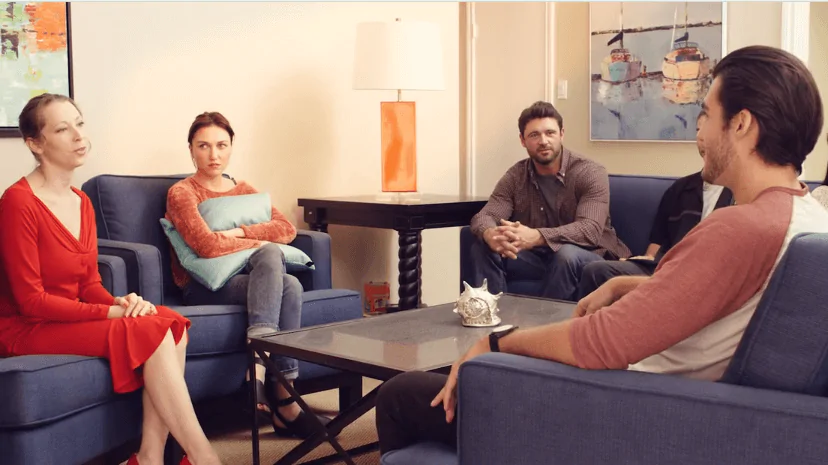24/7 Helpline:
(866) 899-221924/7 Helpline:
(866) 899-2219
Learn more about Bipolar Disorder Treatment centers in North Charleston
Bipolar Disorder Treatment in Other Cities

Other Insurance Options

Access to Recovery (ATR) Voucher

Health Net

CareSource

Sutter

Self-pay options

Molina Healthcare

Aetna

WellPoint

Choice Care Network

MHNNet Behavioral Health

PHCS Network

Magellan Health

Optima

ComPsych

Lucent

American Behavioral

Ambetter

State Farm

Regence

Amerigroup

Crossroads Treatment Centers
Crossroads Treatment Center in Charleston, South Carolina provides effective and caring outpatient r...

Transcendence Treatment Center
Transcendence Treatment Center is a public rehab located in North Charleston, South Carolina. Transc...

Waypoint Recovery Center
Waypoint Recovery Center - Netherby Lane offers outpatient treatment for individuals with alcohol an...











Center for Behavioral Health
Center for Behavioral Health is a private rehab located in North Charleston, South Carolina. Center ...

Positive Feedback Professional Counseling
Positive Feedback Professional Counseling is a private rehab located in North Charleston, South Caro...

South Carolina STRONG
South Carolina STRONG is a non-profit rehab located in North Charleston, South Carolina. South Carol...

AA – Alcoholics Anonymous – North Area Group
AA – Alcoholics Anonymous – North Area Group is a private rehab located in North Charleston, South C...

AA – Alcoholics Anonymous
AA – Alcoholics Anonymous is a private rehab located in North Charleston, South Carolina. AA – Alcoh...

Palmetto Lowcountry Behavioral Health
Palmetto Lowcountry Behavioral Health in Charleston, SC provides a broad range of co-occurring menta...


